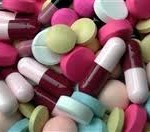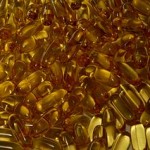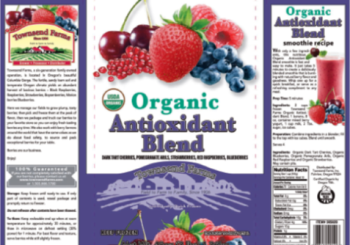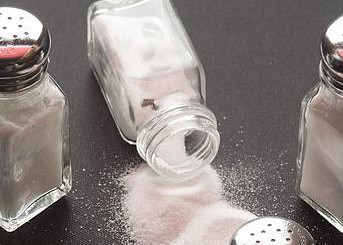
Food allergies are commonly misunderstood, so please bear with me while I first explain what food allergies are and are not. Various foods can cause all sorts of unpleasant effects. Most of these are not allergies. Allergies are only reactions caused by a specific antibody (called IgE) that results in hives, trouble breathing, or a life-threatening condition called anaphylaxis. So, if yogurt gives you diarrhea, that’s not an allergy. It might be lactose intolerance. If coffee gives you palpi...
More




 In 1996 a naturopath published “Eat Right 4 Your Type”, a diet book purporting that people with different blood types would benefit from different diets. There are a lot more people who want to lose weight than who want to exercise skepticism, s...
In 1996 a naturopath published “Eat Right 4 Your Type”, a diet book purporting that people with different blood types would benefit from different diets. There are a lot more people who want to lose weight than who want to exercise skepticism, s... 




